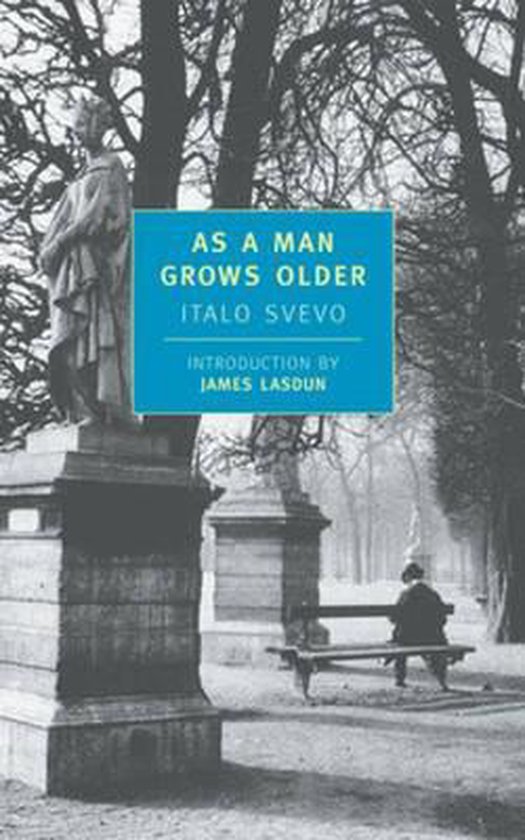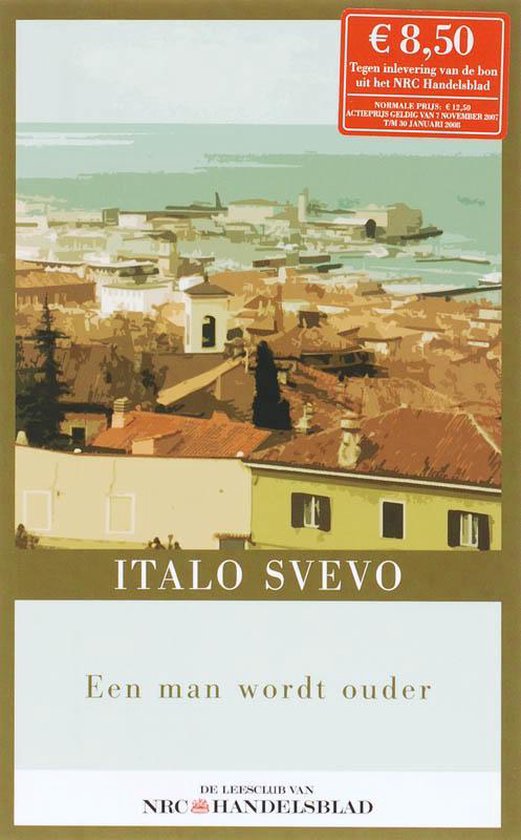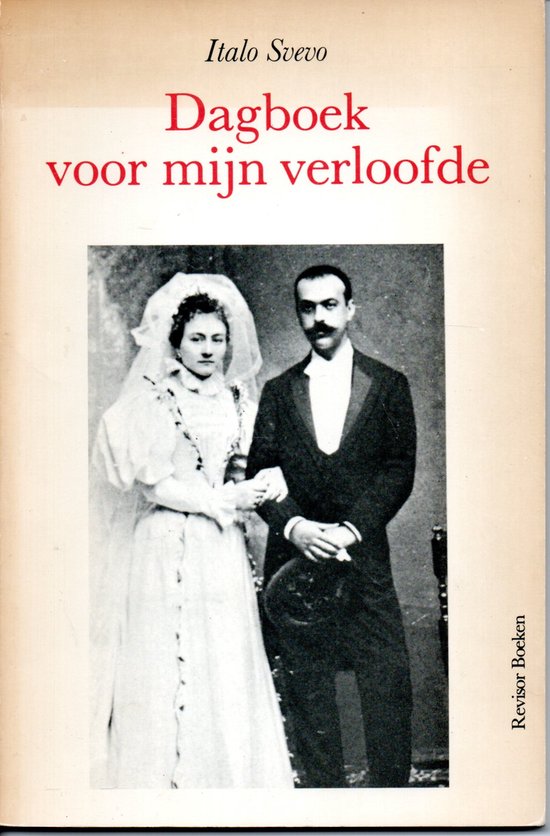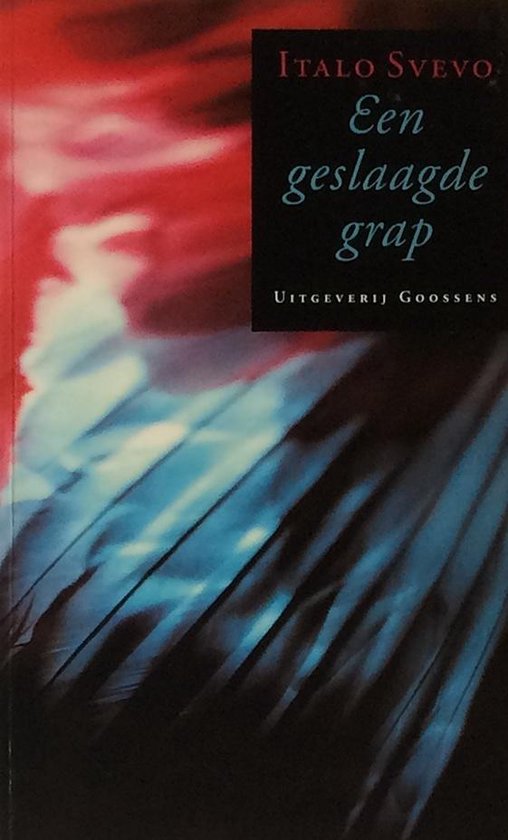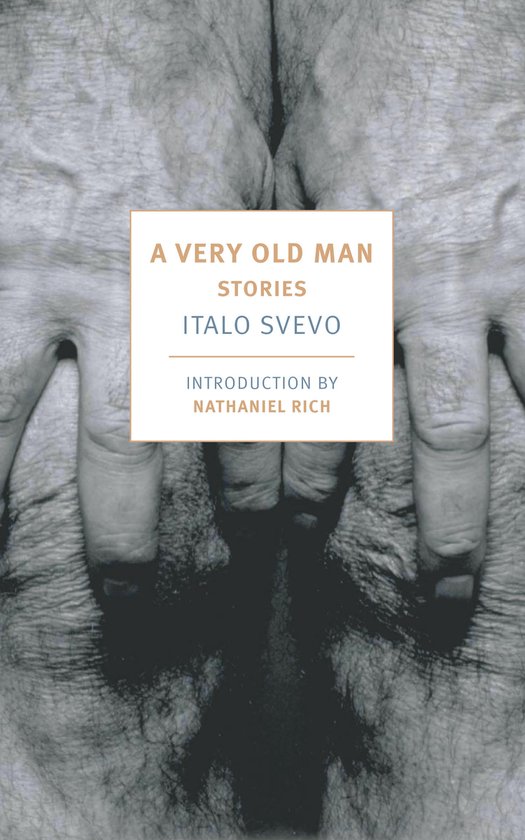
A Very Old Man
A newly translated collection of fiction by the influential Italian modernist, continuing on his landmark work Zeno's Conscience.
A Very Old Man collects five linked stories, parts of an unfinished novel that the great Triestine Italo Svevo wrote at the end of his life, after the international success of Zenos Conscience in 1923.
Here Svevo revisits with new vigor and agility themes that fascinated him from the startaging, deceit, and self-deception, as well as the fragility, fecklessness, and plain foolishness of the bourgeois paterfamiliaseven as memories of the recent, terrible slaughter of World War I and the contemporary rise of Italian fascism also cast a shadow over the books pages.
It opens with The Contract, in which Zenos manager, the hardheaded young Olivi, expresses, like the war veterans who were Mussolinis early followers, a sense of entitlement born of fighting in the trenches. Zeno, by contrast, embodies the confusion and paralysis of the more decorous, although sleepy, way of life associated with the onetime Austro-Hungarian Empire which for so long ruled over Trieste but has now been swept away.
As always, Svevo is attracted to the theme of how people fail to fit in. It is they, he suggests, who offer a recognizably human countenance in a world ravaged by the ambitions and fantasies of its true believers.
A Very Old Man collects five linked stories, parts of an unfinished novel that the great Triestine Italo Svevo wrote at the end of his life, after the international success of Zenos Conscience in 1923.
Here Svevo revisits with new vigor and agility themes that fascinated him from the startaging, deceit, and self-deception, as well as the fragility, fecklessness, and plain foolishness of the bourgeois paterfamiliaseven as memories of the recent, terrible slaughter of World War I and the contemporary rise of Italian fascism also cast a shadow over the books pages.
It opens with The Contract, in which Zenos manager, the hardheaded young Olivi, expresses, like the war veterans who were Mussolinis early followers, a sense of entitlement born of fighting in the trenches. Zeno, by contrast, embodies the confusion and paralysis of the more decorous, although sleepy, way of life associated with the onetime Austro-Hungarian Empire which for so long ruled over Trieste but has now been swept away.
As always, Svevo is attracted to the theme of how people fail to fit in. It is they, he suggests, who offer a recognizably human countenance in a world ravaged by the ambitions and fantasies of its true believers.
| Auteur | | Italo Svevo |
| Taal | | Engels |
| Type | | Paperback |
| Categorie | | Literatuur & Romans |
